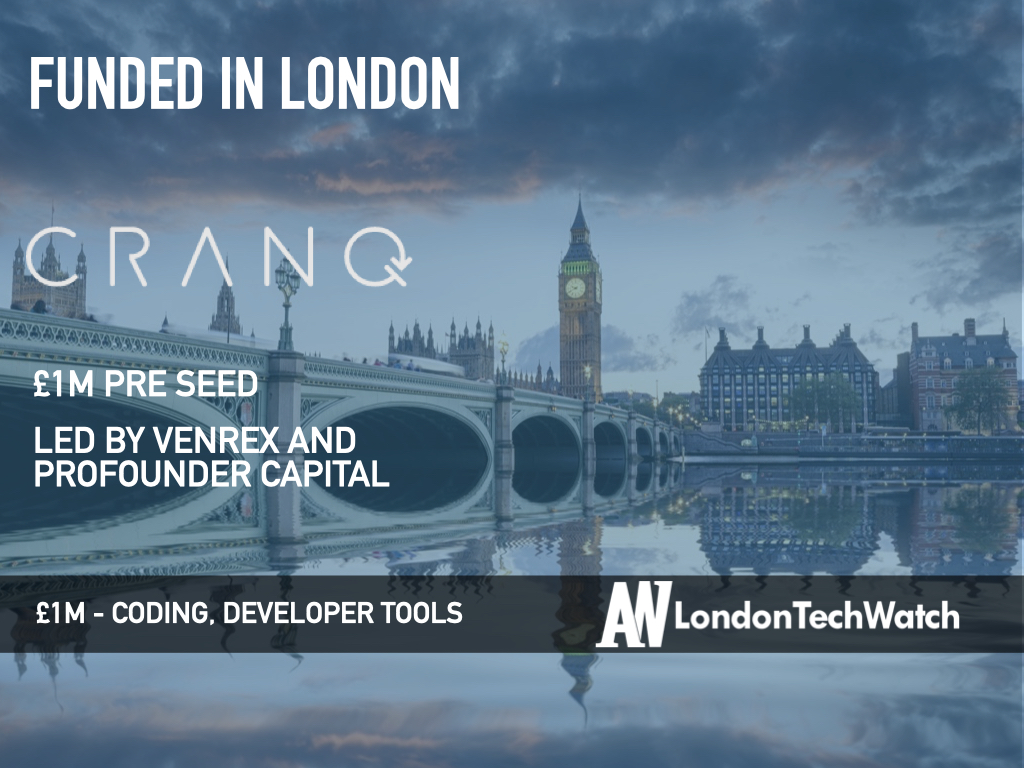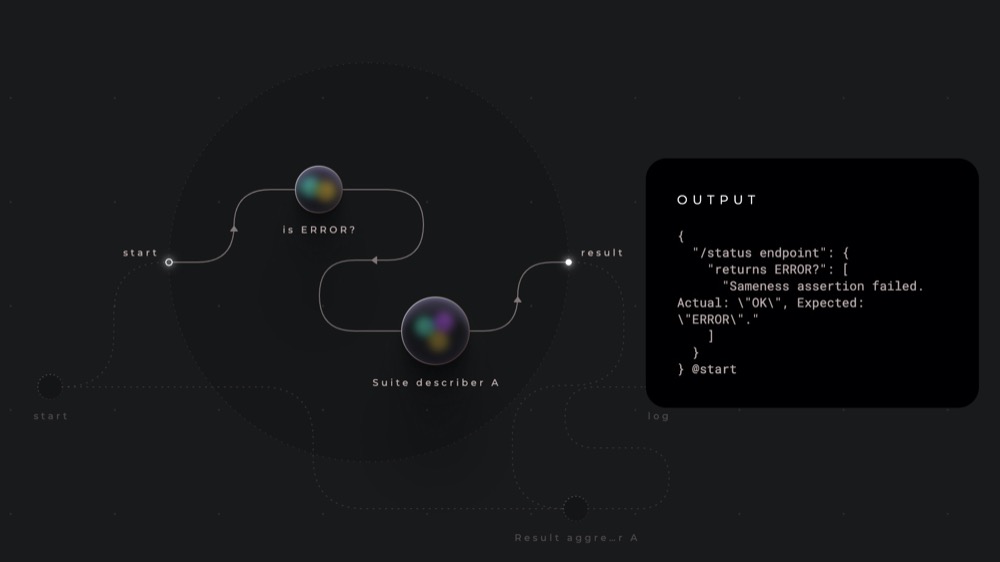Despite most code being built on logic and syntax, the perception of someone else’s code is usually very subjective. Differences in style, documentation, and aesthetics are usually issues that come up but one of the most challenging aspects when working with code developed by others is truly understanding how the code functions and affects the application. CRANQ is a low-code integrated development that visually represents how each individual element in code affects the application’s functionality. By working in a unified environment where code intent is visually represented and searchable, developers are able to confidently integrate third-party components including APIs, cutting down development time and cost.
London TechWatch caught up with Cofounder and serial entrepreneur Toby Rowland (cofounded King.com) to learn more about the inspiration for CRANQ, building the company remotely, strategic plans, recent round of funding, and much, much more.
Who were your investors and how much did you raise?
This was a Pre-Seed round, led by Mark Esiri of Venrex Capital along with Rogan Angelini-Hurll of PROfounders Capital.
We raised just under £1m in new equity and a small loan conversion.
Tell us about your product or service.
CRANQ is a new low-code Integrated Development Environment and code repository. As a graphical interface targeting general-purpose development, CRANQ will be the first of its kind.
What inspired the start of CRANQ?
CRANQ was invented by Dan Stocker, who as a developer had long been frustrated by the difficulties he experienced in trying to familiarize himself with other people’s code. Dan had used existing low-code platforms, but felt constrained by their limitations and rigid structure. Dan imagined a completely flexible coding environment for developers, where even non-technical personnel could familiarize themselves with how code functioned, and this was the genesis of CRANQ.
Dan showed me an early prototype of the product and I quickly recognized the potential. I agreed to fund further R&D into the product, and to work on its commercialization.
CRANQ is low-code and uses an innovative zooming visual interface that allows you to build up detailed functionality, then encapsulate those atomic elements in larger composite ‘nodes’ that eventually start to reflect the application’s intended functionality. Unlike VS Code or other existing coding platforms, our code repository is integrated, making it easier to find code and reducing the size of repository we need to make it easy to code.
What market you are targeting and how big is it?
We are targeting the low-code platform market which is around $13 billion globally in 2020.
What’s your business model?
We’re not publishing details on it yet, but there will be a subscription element and probably some lead-gen too.
How has COVID-19 impacted your business?
We had a couple of hilarious meetings at my flat during the first lockdown where we all wore masks. I wish I’d taken some pictures! But the biggest impact has been that Dan and I still haven’t been able to spend any time in Hungary with our hard-working team there.
In general, though, developers don’t love being in offices, as we’re often rather introverted. We tend to work from home half the time, and Dan and I live on opposite sides of London anyway. We have an office in Budapest which some of the team go to.
What was the funding process like?
It was fun to be pitching with Dan. He’s very clever but is not used to presenting. I got him to shout his lines to passers-by in Kensington Gardens to help with projection. When he gets going, he’s incredibly authoritative and convincing.
What are the biggest challenges that you faced while raising capital?
Coding tools is an area that not many people are familiar with, so we had to do quite a bit of explaining.
What factors about your business led your investors to write the check?
I think Mark and Rogan liked the space and they both knew Dan and I from previous gigs. The CRANQ vision is very big and they liked that scale.
What are the milestones you plan to achieve in the next six months?
We just put out an MVP, and now we’re working on the alpha version, which will hopefully drop in September. We expect to upgrade that to a beta sometime in the New Year.
What advice can you offer companies in London that do not have a fresh injection of capital in the bank?
Think big. No one cares about small or cautious ideas at the moment.
Where do you see the company going now over the near term?
I think we’ll continue to pick up users and start to really hear back about their needs.
What is your favourite restaurant in London?
Probably Roka, the original one on Charlotte St. It’s the Japanese restaurant with the best atmosphere in London.







